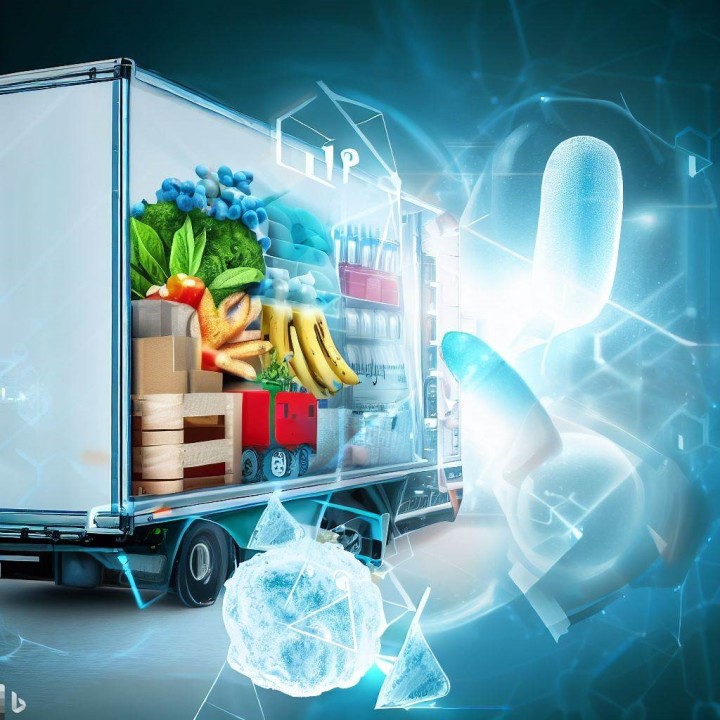A Shift Toward Intelligent Systems: Future Of Supply Chain

Purpose-Built Intelligence
The days of siloed supply chain systems are numbered as the industry enters the era of purpose-built intelligent applications. A new report from KPMG on supply chain trends for 2024 notes that generative AI “has the potential to revolutionize supply chain management, logistics, and procurement.” The report’s authors call on businesses to “re-evaluate your current supply chain analytics team and prepare for an AI upgrade.”
Today's new supply chain business intelligence capability provides an actionable data-driven experience, such as interactive reports and dashboards, for procurement, operations, and reliability teams, from senior management to front-line workers.
This benefits both sides. Procurement managers can use verified demand signals to gain data insights around lead times, costs, delivery timing, efficiency, and quality assurance. Line managers can also easily see any types of gaps in performance and take measures to correct those. With increased clarity and MRO materials visibility, decision-making leads to improved business performance and bottom-line savings.
Among other areas, GenAI is capable of:
Procurement and Regulatory Compliance: Helping companies to adhere to procurement guidelines and regulatory standards.
Manufacturing Efficiency: Streamline production workflows, optimize processes, and reduce human errors. These factors contribute to overall efficiency.
Virtual Supply Collaboration: Working with virtual assistants to handle routine inquiries, provide quick responses, and keep the supply chain communication flowing seamlessly.
The trend of integrating business data repeats a bit of important history in the greater ERP industry, where in the late 1990s, a wave of well-financed “middleware” companies, including Active Software, BEA Systems and WebLogic shaped the eBusiness trend, transforming the enterprise application and service-oriented architecture (SOA) to great success, using the software as central brokers to tie together data from many apps and data types into one cohesive system.
For today’s supply chain, new software engines powered by GenAI, deep learning and natural language processing (NLP) can process exponentially larger datasets than previous forms of machine learning. They can analyze complex variables, including MRO inventory and spending data, far quicker. These smart applications can help build data links between businesses' various ERP software platforms to manage their day-to-day operations and associated procurement needs.


